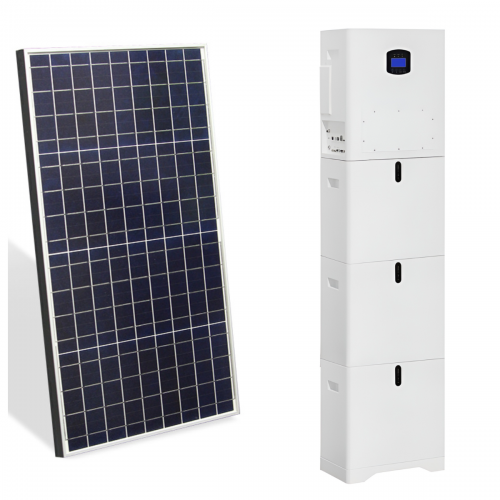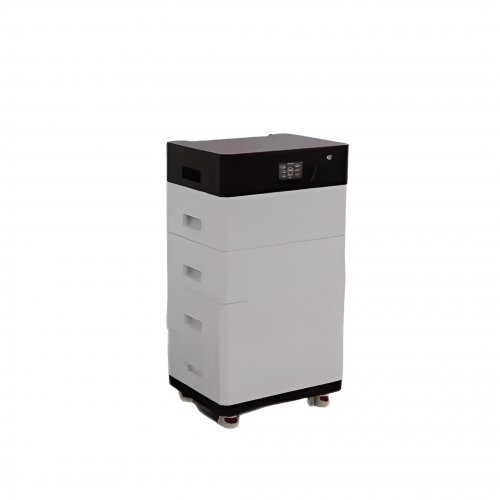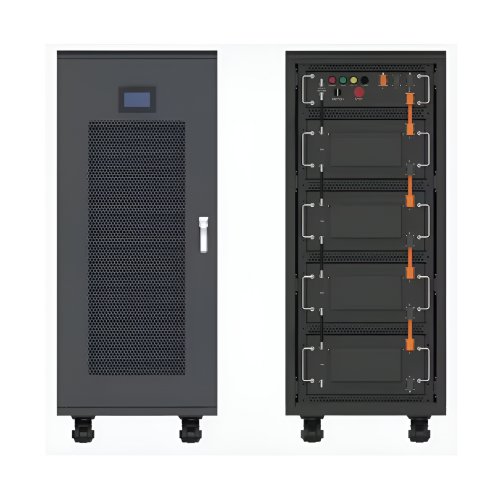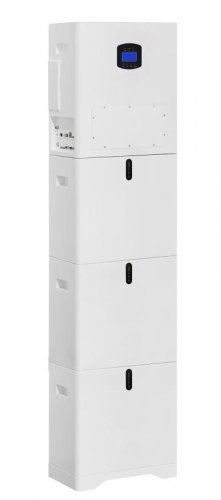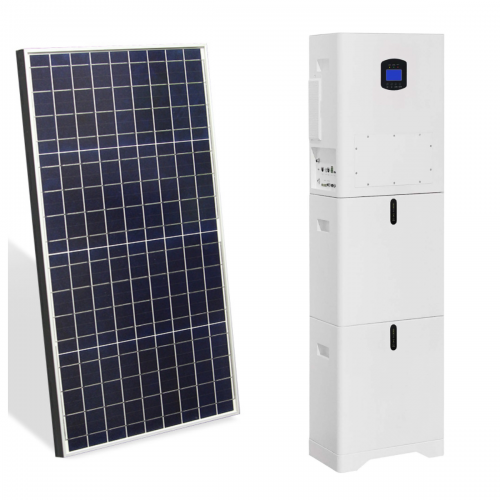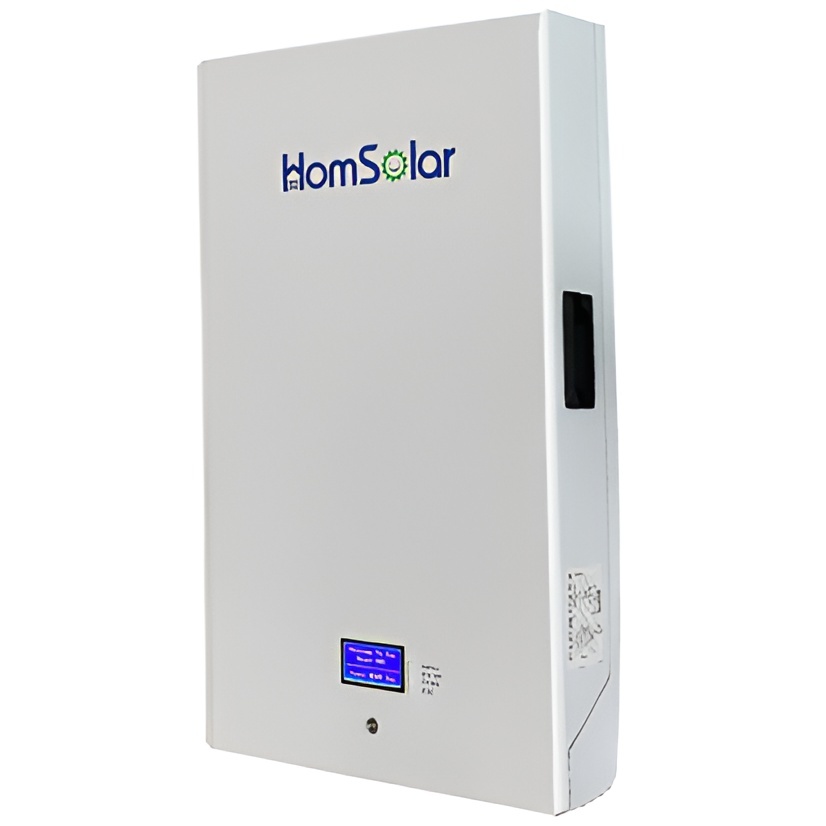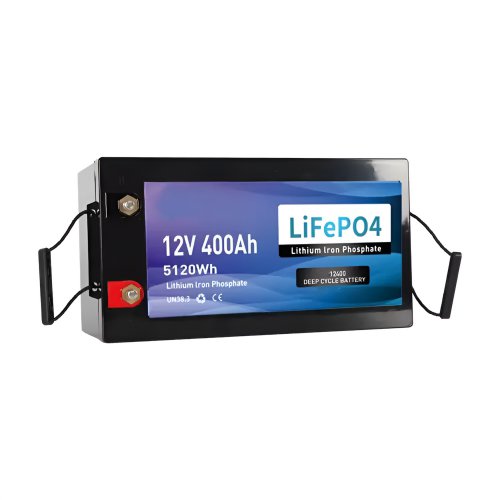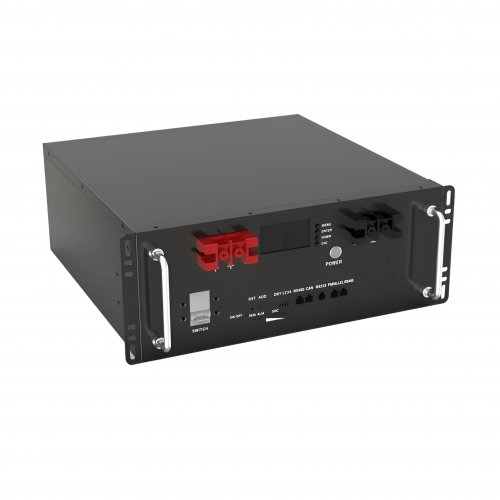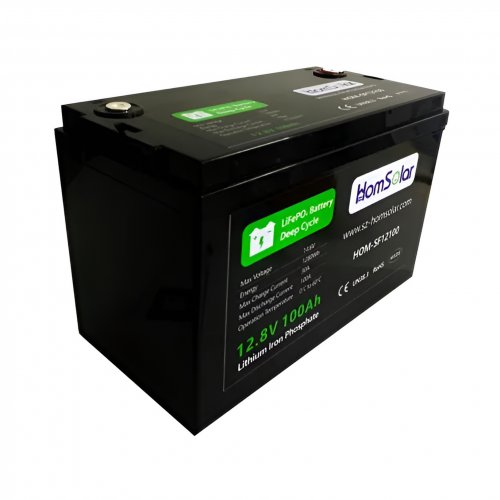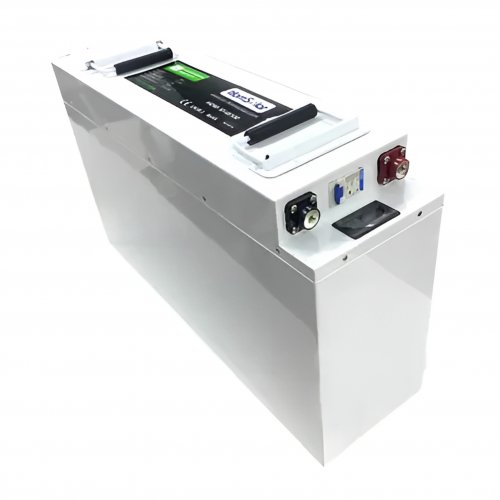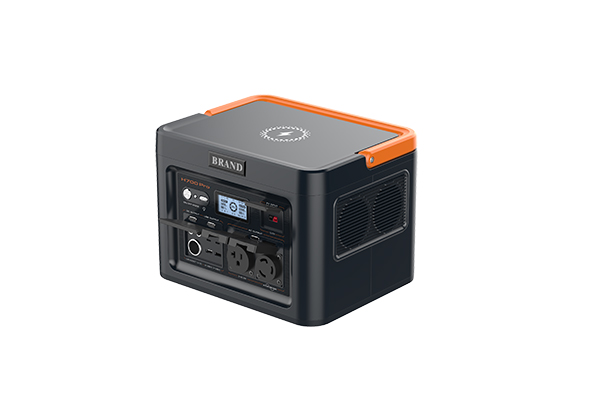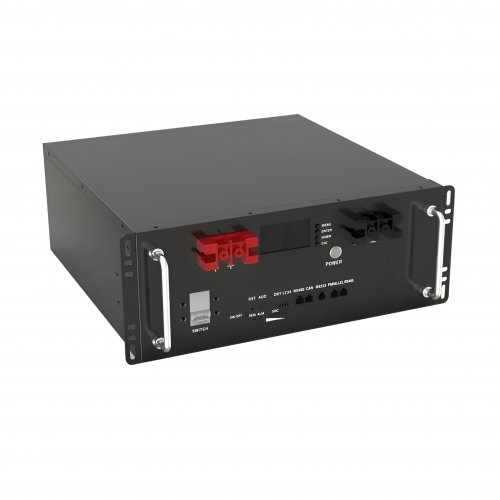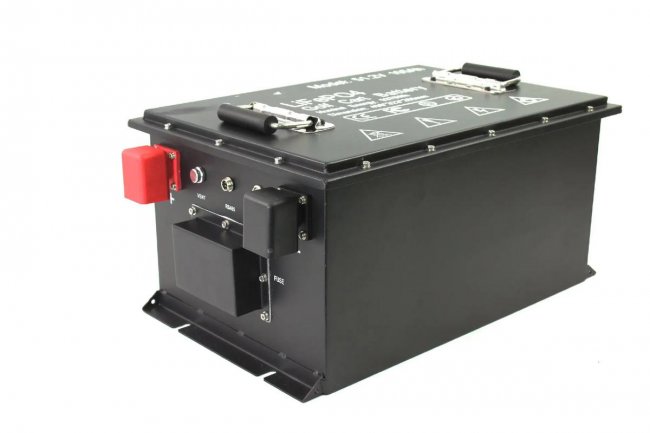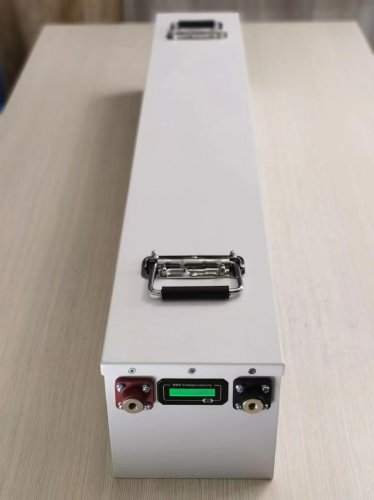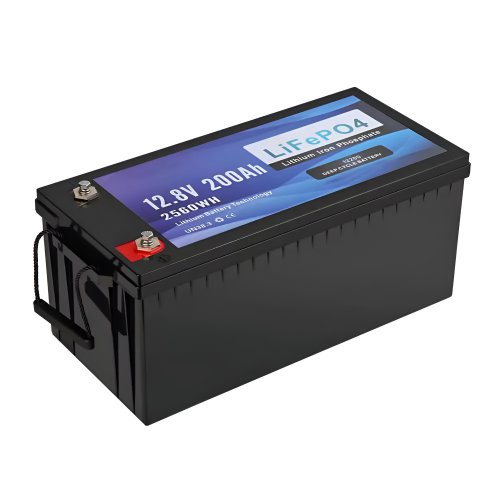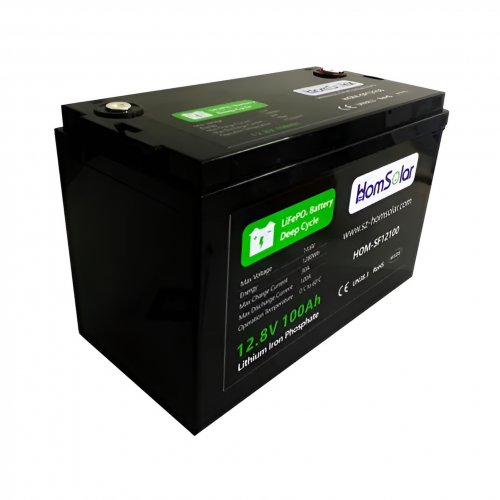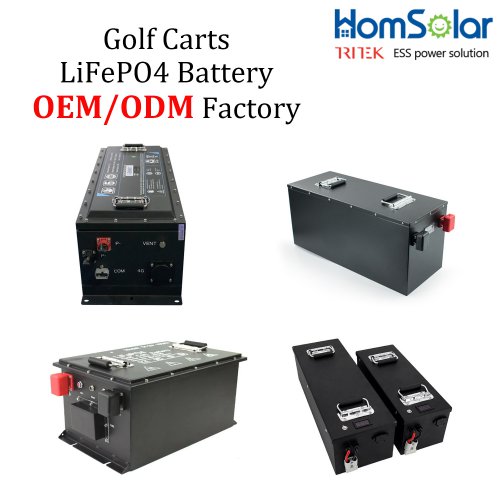Nigerias CI solar plans under a cloud of diesel
From pv magazine 11/2024
As renewables represent a larger share in a region’s energy mix, managing the grid can become a challenge. With the right approach, though, solar and batteries can actually serve to support resilient electricity networks. That is the premise of a project led by US-based think tank the Rocky Mountain Institute (RMI).
With utilities in many sub-Saharan African nations crippled by debt and unable to fund vital infrastructure upgrades, conventional wisdom has it that cheap, on-site solar energy will sound the death knell for the big, centralized, often state-owned model of electricity generation and distribution.
The RMI and Lagos, Nigeria-based C&I solar installer Daystar Power, however, have formulated an approach they say can enable solar and electric companies to work together to deploy more PV while upgrading electricity networks.
The idea is solar installers, including Daystar pay for modest grid upgrades to bring C&I energy users onto the network and to benefit from more reliable electricity supply.
The soaring cost of diesel in Nigeria, where the project is being piloted, will enable utilities to charge a sufficient premium to fund repayment of the solar company for those grid upgrades while still offering savings – and much more reliable supply – to customers. Solar energy will be generated and consumed by C&I clients on site, with the grid stepping in as supplier outside of solar generating hours, backed up by battery storage and diesel.
Big ambitionIn March 2024, Daystar and the RMI said they had identified 20 companies who could benefit, the first of which could have clean power in 2024, while a program rollout across Nigeria could see 3.3 GW of new solar capacity deployed by 2030.
pv magazine spoke to Daystar Power and a representative of one of the three utilities that are on board to ask if the proposed “win-win-win” approach could offer hope for struggling electric companies.
On the question of how much new diesel generation capacity is envisaged under the scheme, the press release issued by Daystar and the RMI talked of “transitioning from diesel-fired generators to utility-enabled solar systems with backup battery storage,” with only a brief mention at the end that backup diesel generators would continue to be used.
The full, 157-page study prepared by the RMI – and funded by the US Trade and Development Agency (USTDA), which promotes US business interests abroad – spells out just how much diesel capacity will be required to ensure sufficient electricity supply during non-solar-generation hours.
The first 20 companies targeted by the program would receive 14 MW of diesel generator capacity, with all but one of them deploying new equipment, perhaps from US-based Caterpillar and Cummins. That compares with 27.2 MW new solar and 20.2 MWh of lead-acid battery systems.
Scale that up to the suggested 3.3 GW of new solar the RMI envisages being installed by 2030 and the utility-led approach could involve 1.7 GW of, mostly new diesel genset capacity.
Diesel dependency“In Nigeria – I won’t speak for [all of] Africa – we are very reliant on diesel,” said Victor Ezenwoko, Daystar country head for Nigeria and Ghana. “The size of the generator needs to be big enough to step in if everything else fails. That doesn’t necessarily mean you’re always going to use it, versus solar which is going to be used every day as much as possible. For example, some businesses [under the new system] might use the generator six hours, or even two hours per day instead of 24 hours at the moment.”
With Daystar acquired by oil major Shell in 2022, it’s easy to be cynical about diesel’s role in the proposed hybrid generation systems – especially since Shell refines its offshore crude oil into diesel in Nigeria, while trying to sell its onshore operations to local buyers, in a deal that could reach an estimated $2.4 billion.
Omosede Imohe, lead for distributed energy resources at Abuja Electricity Distribution Co. (AEDC), backed up Ezenwoko’s point by stating that the ratio of solar to battery storage to diesel envisaged is typical for fossil fuel-dependent Nigeria.
Diesel, she said, is “so expensive now that operators don’t even want to turn [generators] on … The grid is too unstable not to have something [as backup]. If all goes well, that diesel generator should only come on for a few hours per month. The only reason there’s so much diesel in our project is because the grid is so unstable.”
Suggesting people without access to reliable electricity should not continue to suffer because of concern about the genset element of the initiative, Imohe said, “With time, that diesel element of the project should be much less.”
Key concernsWith Shell having had a long history of involvement as a major player in Nigeria’s oil industry, Imohe – whose role is part-funded by the RMI – was quick to point out the utility-led approach to C&I solar deployment would not solely benefit Daystar and that several smaller developers were also involved.
Customized/OEM/ODM Service
HomSolar Supports Lifepo4 battery pack customization/OEM/ODM service, welcome to contact us and tell us your needs.


HomSolar: Your One-stop LiFePO4 Battery Pack & ESS Solution Manufacturer
Our line of LiFePO4 (LFP) batteries offer a solution to demanding applications that require a lighter weight, longer life, and higher capacity battery. Features include advanced battery management systems (BMS), Bluetooth® communication and active intelligent monitoring.

Customised Lithium Iron Phosphate Battery Casing
ABS plastic housing, aluminium housing, stainless steel housing and iron housing are available, and can also be designed and customised according to your needs.

HomSolar Smart BMS
Intelligent Battery Management System for HomSolar Energy Storage System. Bluetooth, temperature sensor, LCD display, CAN interface, UART interface also available.


Terminals & Plugs Can Be Customized
A wide range of terminals and plugs can be customised to suit the application needs of your battery products.

Well-designed Solutions for Energy Storage Systems
We will design the perfect energy storage system solution according to your needs, so that you can easily solve the specific industry applications of battery products.



About Our Battery Cells
Our energy storage system products use brand new grade A LiFePO4 cells with a battery lifespan of more than 4,000 charge/discharge cycles.



Applications in Different Industries
We supply customized & OEM battery pack, assemble cells with wiring, fuse and plastic cover, all the cell wires connected to PCB plug or built BMS.
Applications: E-bike, Electric Scooter, Golf Carts, RV, Electric Wheelchair, Electric Tools, Robot Cleaner, Robot Sweeper, Solar Energy Storage System, Emergency Light, Solar Power Light, Medical Equipment, UPS Backup Power Supply.
We can provide you with customized services. We have the ability to provide a vertical supply chain, from single cells to pack/module and to a complete power solution with BMS, etc.


HomSolar (Shenzhen) Technology Co., Ltd







